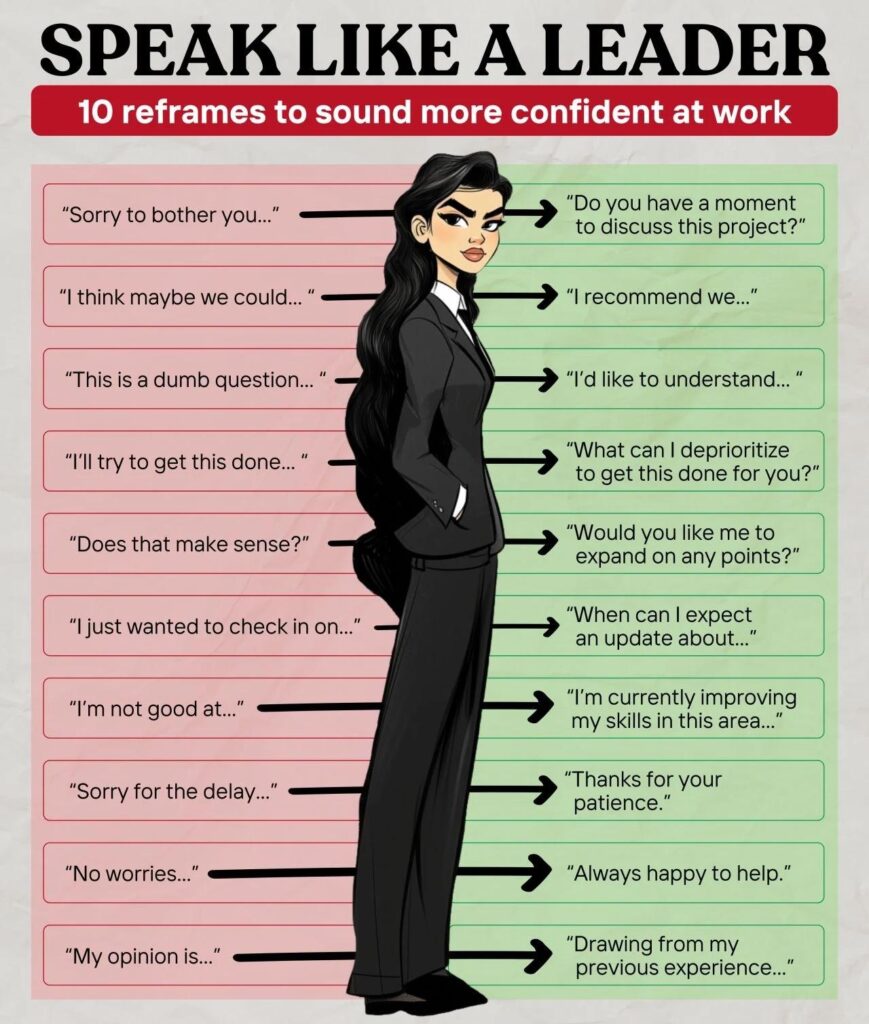Is Mauritius’ Economic Success Story Facing New Challenges?
Mauritius has long been hailed as a beacon of economic progress in Africa, often referred to as the “Mauritian miracle.” This island nation transformed itself from an economy reliant on sugarcane farming into a diverse powerhouse fueled by tourism, financial services, and technology sectors. However, evolving global conditions alongside domestic hurdles-such as rising unemployment rates, inflationary pressures, and lingering impacts from the COVID-19 pandemic-have sparked debate about whether Mauritius can maintain its impressive growth trajectory. This article explores the current state of Mauritius’s economy, identifies emerging risks to its stability, and outlines strategic approaches for ensuring sustainable prosperity.
Assessing Mauritius’ Economic Fortitude Amid Global Uncertainties
Mauritius has earned recognition for its steady economic expansion and deliberate diversification-from traditional sugar production to textiles and financial services-establishing a distinctive role within Africa’s economic framework. Yet today’s global challenges-including geopolitical tensions and climate change-pose significant tests to this resilience. Recent statistics reveal a complex scenario:
- GDP Growth Patterns: Following a severe downturn in 2020 with GDP contracting by 15.1% due to pandemic disruptions, the economy rebounded with growth rates climbing from 3.7% in 2021 up to approximately 5% in 2023. Nonetheless, projections indicate that this upward momentum may slow down.
- Labor Market Dynamics: While overall unemployment has improved since peaking at 11.5% during the height of COVID-19 restrictions in 2020-dropping near 6.5% by mid-2023-the rate of youth unemployment remains disproportionately elevated.
- Inflation Pressures: Disruptions along global supply chains have driven up local prices across essential goods and services, eroding household purchasing power.
The country’s reliance on specific industries leaves it vulnerable to external shocks that could jeopardize long-term stability if not addressed proactively. Furthermore, increasing international focus on environmental sustainability-with initiatives like the African Renewable Energy Initiative gaining momentum-places additional demands on Mauritius to integrate green development strategies.
Key innovation priorities include:
- Accelerating Renewable Energy Integration: Expanding investments in solar photovoltaic systems and wind farms can reduce dependence on imported fossil fuels while bolstering energy independence.
- Sustainable Tourism Practices: Developing eco-friendly tourism models will safeguard natural resources while appealing increasingly to environmentally aware travelers worldwide.
- Diversification into Emerging Industries: Promoting growth within tech-driven fields such as fintech or agritech alongside sustainable agriculture can provide buffers against sector-specific downturns.
| Year | GDP Growth (%) | Unemployment Rate (%) |
|---|---|---|
| 2019 | 3.5 | 6.9 |
| 2020 | -15.1 | 11 .5 td > tr > |
| Focus Area< / th > | Performance Indicator< / th > | Target Deadline th > tr > | Aim For New Industries To Constitute At Least 10% Of Total GDP TD | By End Of 2027 TD> TR TR TDEducation And Training TDPercentage Of Workforce Completing Vocational Programs TDAchieve Minimum Of Forty Percent By Year-End 2025 TR TRGovernance And Business Environment TDEase Of Doing Business Ranking Improvement TDReach Top Fifty Globally By End Of Calendar Year Two Thousand Twenty-Five TR TDSustainability In Tourism Sector TDProportion Of Eco-certified Operators Among All Tour Providers TDAt Least Thirty Percent Certified By Close Of Current Year TR TBODY TABLE Final Thoughts: Steering Through Uncertainty Toward Renewal < h2 />The question persists: Is Mauritius’ renowned “miracle” losing steam or simply entering a transformative phase requiring reinvention amidst unprecedented challenges-from climate risks through shifting geopolitical trade patterns? While past accomplishments offer solid foundations-the road ahead urgently calls for innovative policies promoting inclusivity paired with sustainability principles deeply embedded within national development frameworks. Stakeholders across government agencies, private enterprises, and civil society must collaborate actively ensuring resilience-building efforts translate into tangible benefits equitably shared among all citizens-not merely preserving former successes but dynamically adapting toward future prosperity. As Mauritius stands at this critical crossroads under international observation-it holds immense potential not just to sustain but redefine success within an increasingly complex global economy through ingenuity grounded firmly upon local strengths harmonized thoughtfully with worldwide best practices. |
|---|

